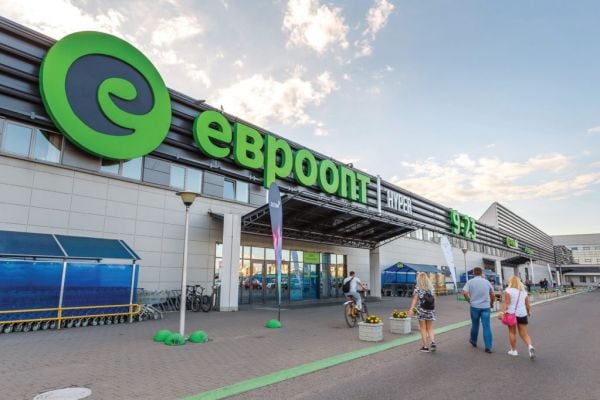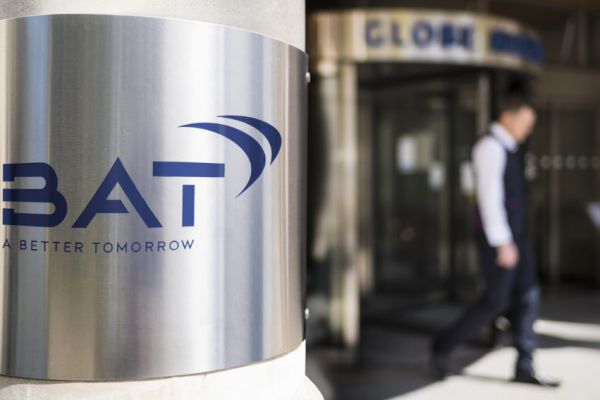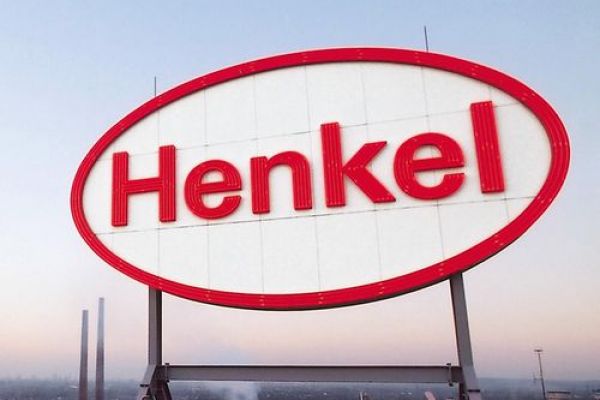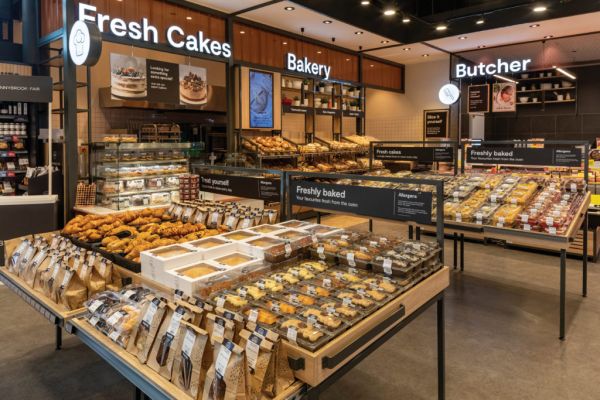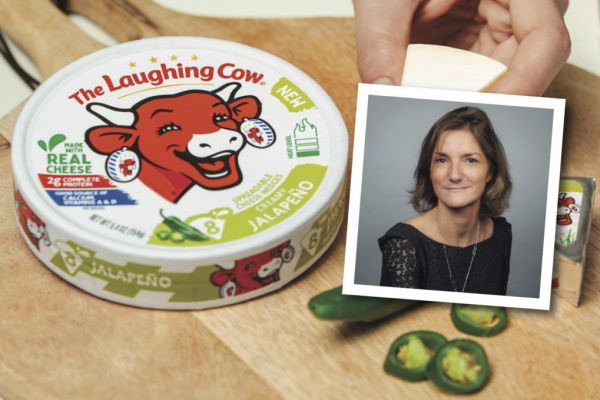Belarus-based retailer Eurotorg has come a long way since ESM last profiled the business two years ago. Ben Webb caught up with Andrei Matsiavin, the group's chief investment officer. This article first appeared in ESM Issue 3, 2019.
On a bright sunny day in central London, a clean-cut young man in a sharp suit strolls confidently across the concourse of the London Stock Exchange without, it seems, a care in the world – a youthful trader nipping out to buy lunch at Pret, or a low-level manager off for a meeting? – but then he greets me with a hearty smile and a handshake.
It’s Andrei Matsiavin, 30, chief investment officer at Eurotorg, Belarus’s largest food retailer and private company.
No wonder he is smiling. Eurotorg’s dominance of Belarus’s grocery market is so marked that many observers have long presumed that the company was backed by government or outside money. Neither is the case. Eurotorg is a private company that invested heavily to modernise a traditional grocery market that was ripe for development.
“Our leadership is the highest in world,” Matsiavin says, in perfect English. “It’s incredible. We are the absolute market leader.”
Eurotorg grew 29%, in value terms, between 2012 and 2017, but there is still a huge amount of potential for growth, with the penetration of modern retail formats in the country standing at just 46% in 2017.
Matsiavin, who says that the company always keeps on eye on other market players – from other grocers in the region to Amazon, and convenience operators such as 7-Eleven – adds, “We have belief in ourselves as risk-takers.”
Breaking With Tradition
Belarus is ten years behind many other central European markets in terms of its emergence from the managed economy of the Soviet era.
“It is important to understand the difference between a traditional store in Belarus and those in, say, the Mediterranean,” Matsiavin says, “where there is lots of high-quality fresh food. Here, the assortment is poor – especially in fresh – and the prices are very high.”
Eurotorg has been leading the process of modernisation. Two years on from ESM’s last profile of the retailer, it is now present in 300 cities, towns and villages, and in more than 150 of them, it is the only modern-format player.
The arrival of a Euroopt, Eurotorg’s key banner, transforms the grocery proposition in most communities. It brings not just the look and feel of modern grocery – its smart frontages and well-organised aisles – but it also delivers a wider assortment of products.
For example, every second banana in Belarus is bought from a Eurotorg store. The fact that prices are also up to 30% lower doesn’t hurt, either.
“Around 40% of household income is spent on grocery, so popularity is not about preferring new or traditional formats,” Matsiavin says. “It’s about affordability.”
Matsiavin, who graduated from Belarusian State Economic University and studied sustainable energy finance at the Frankfurt School of Finance & Management, is in London to attend the Emerging Europe & Central Asia Conference. In terms of ‘emerging’, Eurotorg is at an interesting stage of its growth. Its strategy has, thus far, been successful, but the company retains a high level of debt.
Major Investment
To achieve its dominance, Eurotorg has invested heavily, both in new stores – especially hypermarkets – and a robust distribution network.
“We really invested a lot,” Matsiavin explains. “We had to refinance and place a Eurobond, so the debt burden has now dropped.”
Last October, Eurotorg postponed its planned IPO, as the market conditions took a downturn. Remaining private, Matsiavin says, the company is now looking towards a low capital expenditure approach, with a growth strategy based on small-format stores.
Store Strategy
The average selling space of grocery stores opened by Eurotorg in the fourth quarter of last year 2018 was 167 square metres, and 82 out of 85 were opened in leased premises. The strategy for next year is more of the same – an asset-light expansion based on small-format stores with an estimated total area of 30,000 square metres. Locations will include popular residential areas and roads near big offices.
“It is very efficient in terms of capital expenditure,” explains Matsiavin. “This capex-light strategy allows us to increase our return on investment, from low double-digit to more than 24%.”
Such an approach also adds balance to the overall estate. Eurotorg developed rapidly from 2008 to 2015, with the focus on hypermarkets. As penetration increased, it turned towards convenience stores.
It is also now testing small satellite warehouses to help further develop its distribution network, boosting its logistics and adding to the company’s competitive advantage.
Sales Growth
The chain’s performance remains solid. Last year, net retail sales rose by 14.2% year on year, to BYN 4.07 billion (€1.8 billion), or by 8.3%, in dollar terms, to $2 billion. It opened 262 new grocery stores, and at year end operated 862 stores with a total selling space of 337,500 square metres, 762 of which are grocery stores with a total selling space of 320,000 square metres. It also entered 154 new localities across the country.
Like-for-like sales grew by 2.8%, with the average basket up 5.6%, but footfall was down 2.6%. In the fourth quarter, footfall was down 8.2%, but this was partly due to the conversion of soft-discounter stores under the Brusnichka banner back into Euroopt stores.
This put pressure on customer traffic, but it is expected to have a positive impact on gross-margin performance. This has enabled the chain to start paying back net debt, which it reduced from $604 million (€698 million) at the start of the year to $501 million (€579 million).
“We are pragmatic,” Matsiavin says. “We will wait and see. With more funds, we would have the ability to grow faster, and there is potential to replicate our unique e-commerce platform outside Belarus.”
Growing Awareness
Although last year’s figures do reveal a drop in like-for-like footfall, Matsiavin is unconcerned. He refers to the sales density performance – the revenue generated for a given area of sales space.
“If we benchmark ourselves against Russia, we see our sales density is twice as high – say 20, compared to ten. If it falls to 19, it’s still very, very good. Also, with rapid expansion, you would expect a fall, as some sales are cannibalised. It is not a problem, as we have planned for this, and our margins are unaffected.”
Eurotorg is also creative when it comes to marketing, with enticing competitions, giving consumers the chance to win a property in Minsk, the capital, as well as promotions on big brands.
The success of a promotion for children’s toy Bonsticks underlines the retailer’s reach – more than 90 million units were sold. “Everyone went crazy for it,” says Matsiavin. “We sold more tickets to the Bonsticks show than were sold for a recent concert by Depeche Mode. The scale is unmatched.”
Eurotorg is also using private label to differentiate itself and create higher margins. Interestingly, the company has exploited the same high-quality food producers – “they make good food, but are bad at marketing” – that existed in the Soviet era.
With more than three million loyalty cards distributed, the retailer has collected a huge amount of data about its customers and knows how to position private label, from pricing to packaging, so that it often outperforms big brands.
“There’s no point offering quinoa or scallops,” Matsiavin says. “Our customers are not wealthy. We produce basic, entry-point products, but can innovate with flavour variants and packaging.”
Online Opportunity
In addition to the bricks and mortar estate, Eurotorg has also developed a growing clicks proposition. Launched in 2014, the company’s two online grocery services (E-dostavka.by and Gipermall.by) are based on a dark-store model and have grown into a successful operation that is already larger than the market leader in Russia. At present, customers use the e-commerce platform as a substitute for going to the hypermarket.
“E-commerce is a tough business that is more successful in developed markets, where there are wealthy and busy urban professionals and a high penetration of mobile devices,” Matsiavin says. “Our average ticket is only $25 (€22), so the margins are very tight, but it is still one of the few profitable e-commerce services in the world.
“You can buy at store prices with door-to-door delivery, two-hour time slots, and easy return. Each step of the process has been tested. Management teams continue to read huge amounts of feedback, so we can continually try to improve the system.”
Besides, online grocery can have its benefits during Belarus’s notoriously cold winters. “Who wants to go and buy a Chupa Chup when it’s ten below zero outside?” says Matsiavin.
With another year of healthy growth anticipated at Eurotorg, the young retail exec might soon be a familiar face around Europe’s financial districts.
© 2019 European Supermarket Magazine – your source for the latest retail news. Article by Stephen Wynne-Jones. Click subscribe to sign up to ESM: The European Supermarket Magazine
